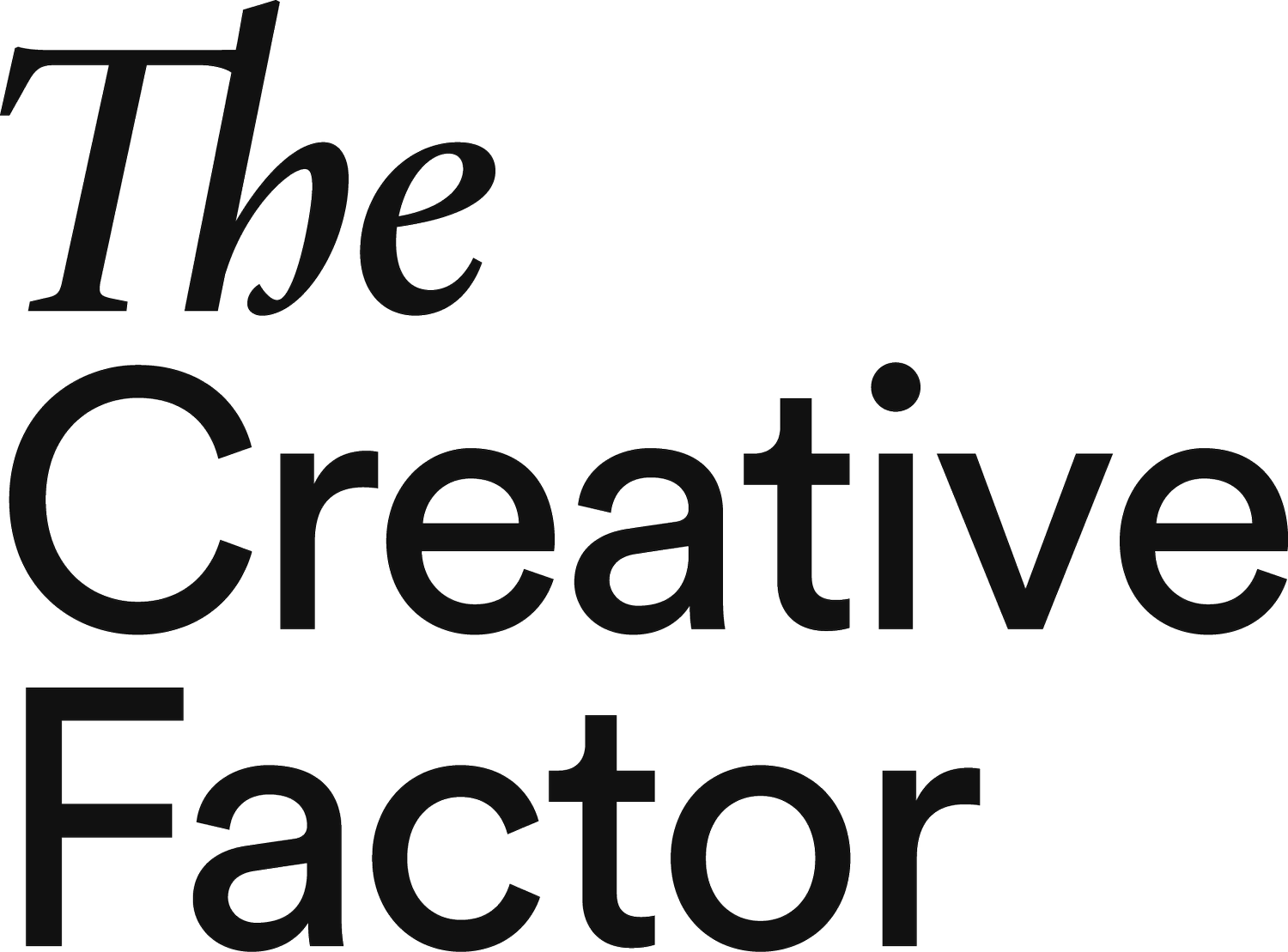10 Creative Truths From Writer David Foster Wallace
David Foster Wallace believed we need to be aware of things that are hidden in plain sight. Image: Britannica.
Like many creators, writer and philosopher David Foster Wallace never felt comfortable with the status quo. He wanted to create his own language; “to restructure worlds,” as he once wrote to his editor. Wallace was successful in these pursuits. His 1996 novel, Infinite Jest, has been cited as one of the most influential novels of the century.
Wallace believed a fulfilling life was a selflessly creative one; that he needed to find his own voice and write stories for the sake of readers, not himself. “It seems like the big distinction between good art and so-so art lies in being willing to sort of die in order to move the reader, somehow,” he said in an interview once.
Creators may know the feeling. Making something worthwhile involves painful attention to detail, overcoming mental blocks, and pushing yourself farther than you think you can reach. It is not just slightly uncomfortable—being a creator is really hard work. And as industries get more digital, global, and competitive, it only gets more difficult. In a 2005 commencement speech, Wallace tackled this deceptively simple subject. He spoke about the importance of learning how to think for finding meaning and compassion in the tedious process of life and working. While Wallace died in 2008, by suicide, his guiding principles feel as relevant today as when he first shared them.
Here are 10 of Wallace’s creative truths taken from his book, This is Water.
“There are these two young fish swimming along and they happen to meet an older fish swimming the other way, who nods at them and says, ‘Morning boys. How’s the water?’ And the two young fish swim on for a bit, and then eventually one of them looks over at the other and goes, ‘What the hell is water?’”
“The immediate point of the fish story is that sometimes the most obvious, ubiquitous, important realities are often the ones that are hardest to see and talk about…”
“It is extremely difficult to stay alert and attentive instead of getting hypnotized by the constant monologue inside your head.”
“‘Learning how to think’ really means learning how to exercise some control over how and what you think. It means being conscious and aware enough to choose what you pay attention to and to choose how you construct meaning from experience.”
“If you’ve really learned how to think, how to pay attention, then you will know you have other options. It will actually be within your power to experience a crowded, hot, slow, consumer-hell-type situation as not only meaningful, but sacred, on fire with the same force that lit the stars—compassion, love, the subsurface unity of all things.”
“The alternative is unconsciousness, the default setting, the ‘rat race’—the constant, gnawing sense of having had and lost some infinite thing.”
“If you worship money and things, if they are where you tap real meaning in life, then you will never have enough, never feel you have enough. Worship your body and beauty and sexual allure and you will always feel ugly. And when time and age start showing, you will die a million deaths before they finally grieve you. Worship power—you will feel weak and afraid, and you will need ever more power over others to keep the fear at bay…. Look, the insidious thing about these forms of worship is not that they’re evil or sinful; it is that they are unconscious. They are default settings.”
“The really important kind of freedom involves attention, and awareness, and discipline, and effort, and being able truly to care about other people and to sacrifice for them, over and over, in myriad petty little unsexy ways, every day.”
“The capital-T Truth is about life before death. It is about the real value of a real education, which had nothing to do with grades or degrees and everything to do with simple awareness—awareness of what is so real and essential, so hidden in plain sight all around us, that we have to keep reminding ourselves over and over: ‘This is water.’ ‘This is water.’”
Discover more from Creative Factor: Visit our site for the latest stories.


